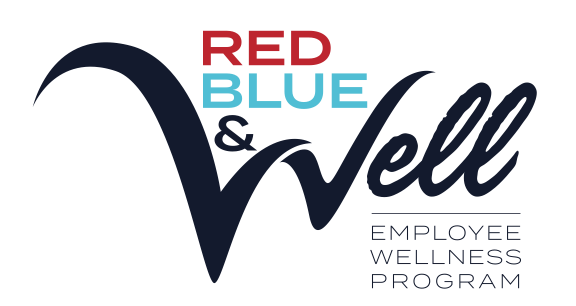Creating a Family-Friendly Department: A Toolkit for Academic Leaders
A family-friendly culture depends on wide-scale acknowledgement and acceptance of the diversity of family structures, situations, and needs. Establish a collegial culture that supports a variety of family identities. Download this toolkit.
Why is it important to create a family-friendly culture in your department?
Many faculty and staff at some point in their careers will need flexibility in balancing work and personal life, including policies and programs that support employees. Academic leaders are pivotal to establishing family-friendly cultures and flexibility within their units. It is important to realize that family-friendly cultures help in recruiting and retaining excellent faculty and staff members.
Five Steps to Creating a Family-Friendly Workplace
- It should be a goal and priority of the department to support policies, resources, and cultural practices that allow faculty to integrate work and family needs. Review and assess your unit’s current practices and climate around family friendliness.
- Become conscious about unconscious bias issues concerning caregiving and gender. Assess your own bias, and ask others in your unit to consider implicit bias around caregiving issues.
- Familiarize yourself with family accommodation policies and resources that apply to your faculty and staff. Promote these policies and resources within your unit.
- Make the use of family accommodations the standard for conducting business in your department rather than viewing them as exceptions or “special privileges.” Encourage faculty and staff to support their colleagues’ personal lives and circumstances.
- Maintain “zero tolerance” for discriminatory and disparaging comments and behaviors about family caregiving.
Helpful Hints: Connecting Department Culture to Faculty Recruitment and Retention
- Promote family-friendly programs and resources when recruiting faculty. Utilize the Career-Life Connector Consultants and website to inform candidates of work-life integration policies and programs on campus.
- Establish and maintain transparency in the promotion and tenure process, and advocate for your faculty who have used family accommodation policies through the promotion and tenure process.
- Consider family-friendly scheduling of meetings, seminars, and receptions, taking into account the competing and often simultaneous demands of work and caregiving. Implementing small scheduling changes for events may have a significant positive impact on faculty and staff caregivers. Another option is to vary the times of workshops, seminars, and other events so that the same people are not perpetually excluded.
- Maintain open communication about family-friendly policies and programs. The more information employees receive, the greater the likelihood that they will perceive the environment as open and the chair/supervisor as someone they can trust. Do not penalize faculty for using family-friendly policies/resources or requesting flexibility. Faculty are often reluctant to utilize policies for fear of negative repercussions particularly associated with promotion and tenure, sabbatical, awards, and compensation.
- Encourage faculty and staff to visit Human Resources, to contact the Career-Life Navigators, or to attend the Benefits Fair to learn more about family-friendly policies and programs.
- Work with faculty members facing special personal circumstances (e.g., birth/adoption of a child, personal or family health situation) to provide flexibility and/or modified work assignments.
- Discuss work-life boundaries, including email and text norms with your units, and consider ways to protect everyone’s personal time.
Adapted from UC Faculty-Chair and Deans Toolkit
University of Michigan ADVANCE: Toolkit for Administrative Leaders
Family-Friendly Workplace Resources
The Career-Life Connector Initiative is designed to help potential and current faculty and staff navigate the university system and learn about policies, practices, and resources available to assist with work-life integration. Information about resources and policies related to family-friendly workplaces can be found at https://careerlife.olemiss.edu/. Academic leaders may consult with Career-Life Navigators or refer faculty to Career-Life Navigators. Human resources, the Ombudsman, EORC, and the Division of Diversity and Community Engagement also have many resources to assist academic leaders with addressing family friendly workplace issues.
